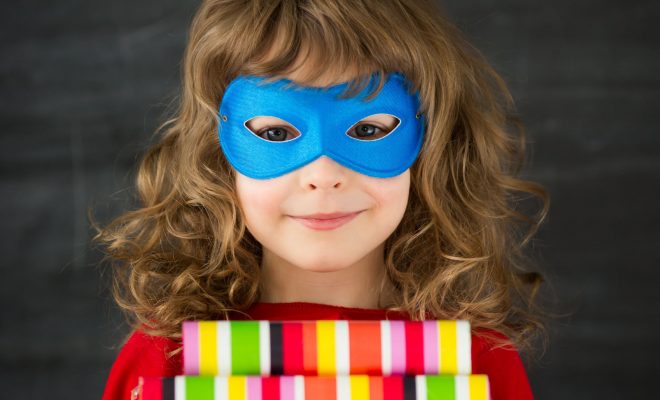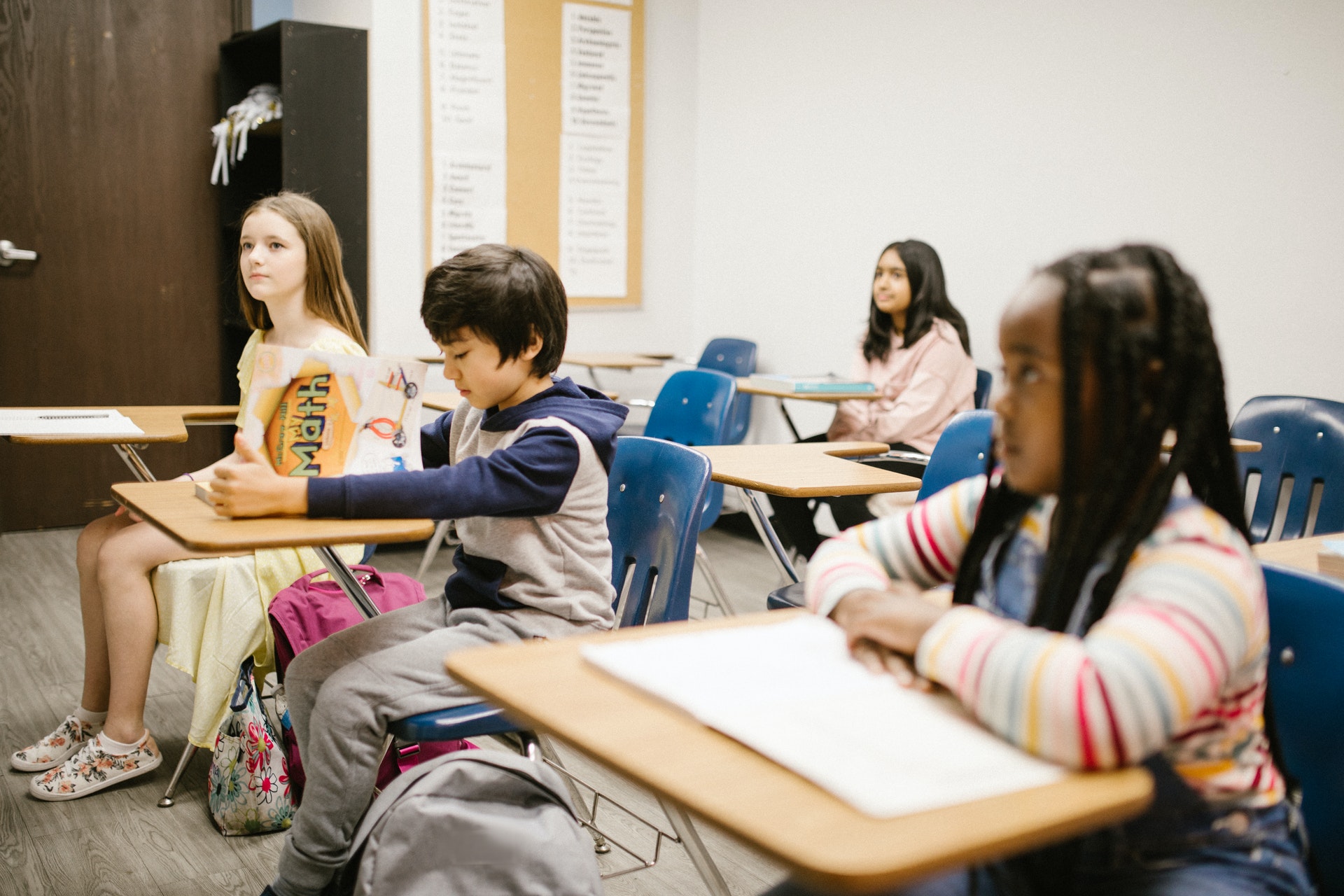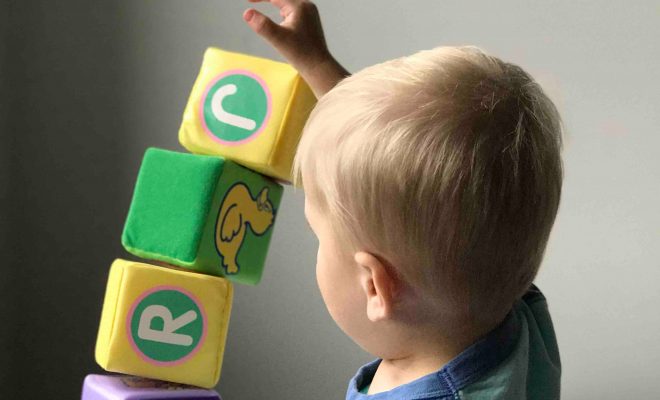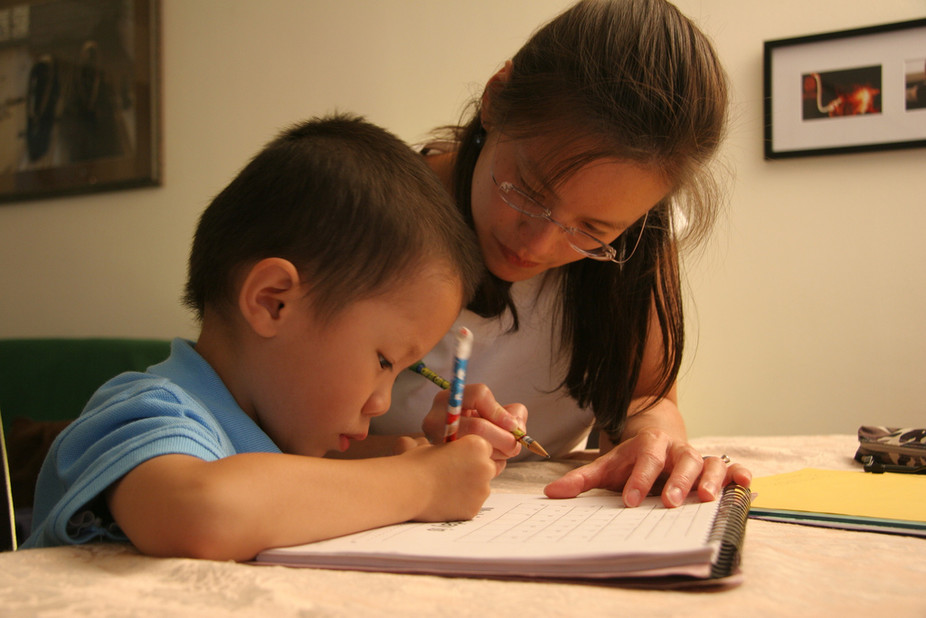Social-Emotional Development: Everything You Need to Know

It refers to the critical development of skills that enable children to comprehend how others feel, how to regulate their own emotions, and strengthen relations with adults and other kids. It is a very important developmental period in children. Social-emotional development takes place over an individual’s entire life. However, the most important development occurs in the first five years as they learn the fundamentals of interacting with family members and other people. It affects all areas of a kid’s life. By learning social and emotional skills from others, kids learn to practice emotion regulation, recognize facial expressions, and facilitate positive social interactions.
Parents should help kids develop social-emotional skills so they can maintain healthy relationships with family members and friends. Some effective methods that parents can use to accomplish this include:
Reinforcing good behavior: Parents need to offer praise when their kids display good social behaviors. Helping the kids feel good about themselves also plays a crucial role in developing emotional competence and a sense of empathy. By creating a positive environment where kids are allowed to share their feelings, parents can help them become more thoughtful and generous.
Modeling appropriate behaviors: Observation plays an important role in how young kids learn new things. If children see their parents expressing gratitude, sharing, and being helpful, they’ll have a good understanding of how to interact with people outside the home. Parents can model these responses in their own households with both their kids and other family members. Every time they say “thank you” or “please,” they’re demonstrating how they’d like their kids to behave.
Teaching cooperation: Cooperation is one of those skills that benefit greatly from direct experience. Giving kids the opportunity to play and interact with other children is one of the most effective methods to teach them how to relate to others. While they may find playing with other kids frustrating at times, things will gradually start to improve with experience and age.
Teaching empathy: Parents can also help kids to build emotional intelligence and boost empathy by encouraging them to think about other people’s feelings. Parents can start by inquiring about their kids’ own feelings, asking about incidents in their kids’ lives. Once the kids become skilled at expressing their personal emotional reactions, parents can start asking questions about other people’s feelings. By responding to these questions, kids can start to think about how their actions may impact the emotions of people around them.






